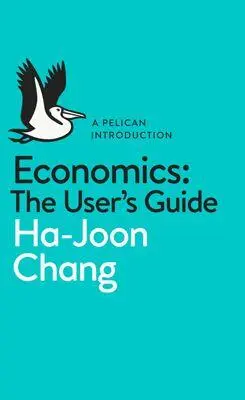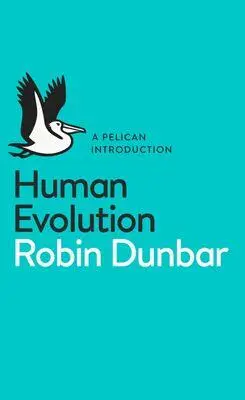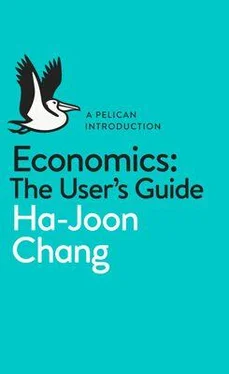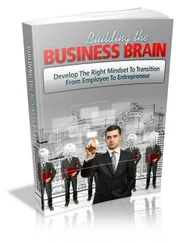6. Phil Zimbardo (2012), The Demise of Guys: Why Boys Are Struggling and What We Can Do About It, TED publishing.
7. Independent Parliamentary Inquiry into Online Child Protection, April 2012.
8. http://www.theguardian.com/world/2010/mar/05/korean-girl-starved-online-game
9. Diana I. Tamir and Jason P. Mitchell (2012), ‘Disclosing information about the self is intrinsically rewarding’, Proceedings of the National Academy of Sciences , 109, 8038–804.
10. M. Naaman, J. Boase and C. H. Lai (2010), ‘Is it really about me?: Message content in social awareness streams’, Proceedings of the 2010 ACM Conference on Computer Supported Cooperative Work (Association for Computing Machinery), Savannah, GA, pp. 189–92.
11. Leif Denti et al. (2012), ‘Sweden’s Largest Facebook Study: GRI rapport 2012–3’, https://gupea.ub.gu.se/bitstream/2077/28893/1/gupea_2077_28893_1.pdf
12. Amanda L. Forest & Joanne V. Wood (2012), ‘When social networking is not working: individuals with low self-esteem recognize but do not reap the benefits of self-disclosure on Facebook’, Psychological Science , 23, 295–302.
13. Robert B. Cialdini, Richard J. Borden, Avril Thorne, Marcus Randall Walker, Stephen Freeman and Lloyd Reynolds Sloan (1976), ‘Basking in reflected glory: Three (football) field studies’, Journal of Personality and Social Psychology , 34, 366–75.
14. Samsung poll and press release: http://www.samsung.com/uk/news/localnews/2013/samsung-nx300-wi-fi-every-day-over-1-million-photos-are-shot-and-shared-in-60-seconds
15. http://techcrunch.com/2012/08/22/how-big-is-facebooks-data-2–5-billion-pieces-of-content-and-500-terabytes-ingested-every-day/
16. M. D. Conover, J. Ratkiewicz, M. Francisco, B. Gonçalves, A. Flammini, and F. Menczer, ‘Political polarization on Twitter’, Proceedings of International Conference on Weblogs and Social Media 2011 (Unpublished, 2011), http://truthy.indiana.edu/site_media/pdfs/conover_icwsm2011_polarization.pdf
17. Sameer Hinduja and Justin W. Patchin (2010), ‘Bullying, cyberbullying, and suicide’, Archives of Suicide Research , 14, 206–21.
18. Vint Cerf speaking at the Consumer Electronic Show in January 2013: http://mashable.com/2013/01/09/would-you-wear-internet-connected-clothing/
19. Eli Pariser (2011), The Filter Bubble: What the Internet is Hiding From You , London: Penguin.
Acknowledgements
This is my third popular-science book and it does not get any easier. I am lucky to have the best agent in Robert Kirby. He really is the best, as he won a prize to say so. Robert’s unfailing support and enthusiasm make me want to call him up all the time just to hear his reassuring voice of wisdom. Thank you also to my editor, Laura Stickney, who gave me the freedom to write the book I needed to. I hope it helps to put Pelican back where it belongs in the hearts and minds of the general public.
The ideas in this book are very much influenced by many other scholars from whom I have borrowed liberally. However, special mention should be made of a number of them, including Paul Bloom, Brian Hare, Philippe Rochat and especially Michael Tomasello, whose work on cooperation can be found throughout the text. I am particularly indebted to Cristine Legare, who not only read the whole book but provided invaluable guidance and recommendations. I also need to thank my students and colleagues who have read sections or given me food for thought. These include Sara Baker, Shiri Einav, Iain Gilchrist, Nathalia Gjersoe, Kiley Hamlin, Pat Kanngieser, Kate Longstaffe, Marcus Munafo, Laurie Santos and Sandra Weltzien. Of course, my writing would not be possible without the support of my long-suffering family, who have had to put up with my unreasonable behaviour over the years.
This book is dedicated to my mother, Loyale Hood, who domesticated me, or at least made a good attempt at it. Thank you, mum.

Ha-Joon Chang

ECONOMICS: THE USER’S GUIDE
What is economics?
What can – and can’t – it explain about the world?
Why does it matter?
Ha-Joon Chang teaches economics at Cambridge University and writes a column for the Guardian . The Observer called his book 23 Things They Don’t Tell You About Capitalism , which was a no.1 bestseller, ‘a witty and timely debunking of some of the biggest myths surrounding the global economy’. He won the Wassily Leontief Prize for advancing the frontiers of economic thought and is a vocal critic of the failures of our current economic system.

Robin Dunbar

HUMAN EVOLUTION
What makes us human?
How did we develop language, thought and culture?
Why did we survive, and other human species fail?
Robin Dunbar is an evolutionary anthropologist and Director of the Institute of Cognitive and Evolutionary Anthropology at Oxford University. His acclaimed books include How Many Friends Does One Person Need? And Grooming, Gossip and the Evolution of Language , described by Malcolm Gladwell as ‘a marvellous work of popular science’.

Orlando Figes

REVOLUTIONARY RUSSIA, 1891–1991
What caused the Russian Revolution?
Did it succeed or fail?
Do we still live with its consequences?
Orlando Figes teaches history at Birkbeck, University of London and is the author of many acclaimed books on Russian history, including A People’s Tragedy , which The Times Literary Supplement named as one of the ‘100 most influential books since the war’, Natasha’s Dance, The Whisperers, Crimea and Just Send Me Word . The Financial Times called him ‘the greatest storyteller of modern Russian historians’.

Melissa Lane

GREEK AND ROMAN POLITICAL IDEAS
Where do our ideas about politics come from?
What can we learn from the Greeks and Romans?
How should we exercise power?
Melissa Lane teaches politics at Princeton University, and previously taught for fifteen years at Cambridge University, where she also studied as a Marshall and Truman scholar. The historian Richard Tuck called her book Eco-Republic ‘a virtuoso performance by one of our best scholars of ancient philosophy’.

Читать дальше

















